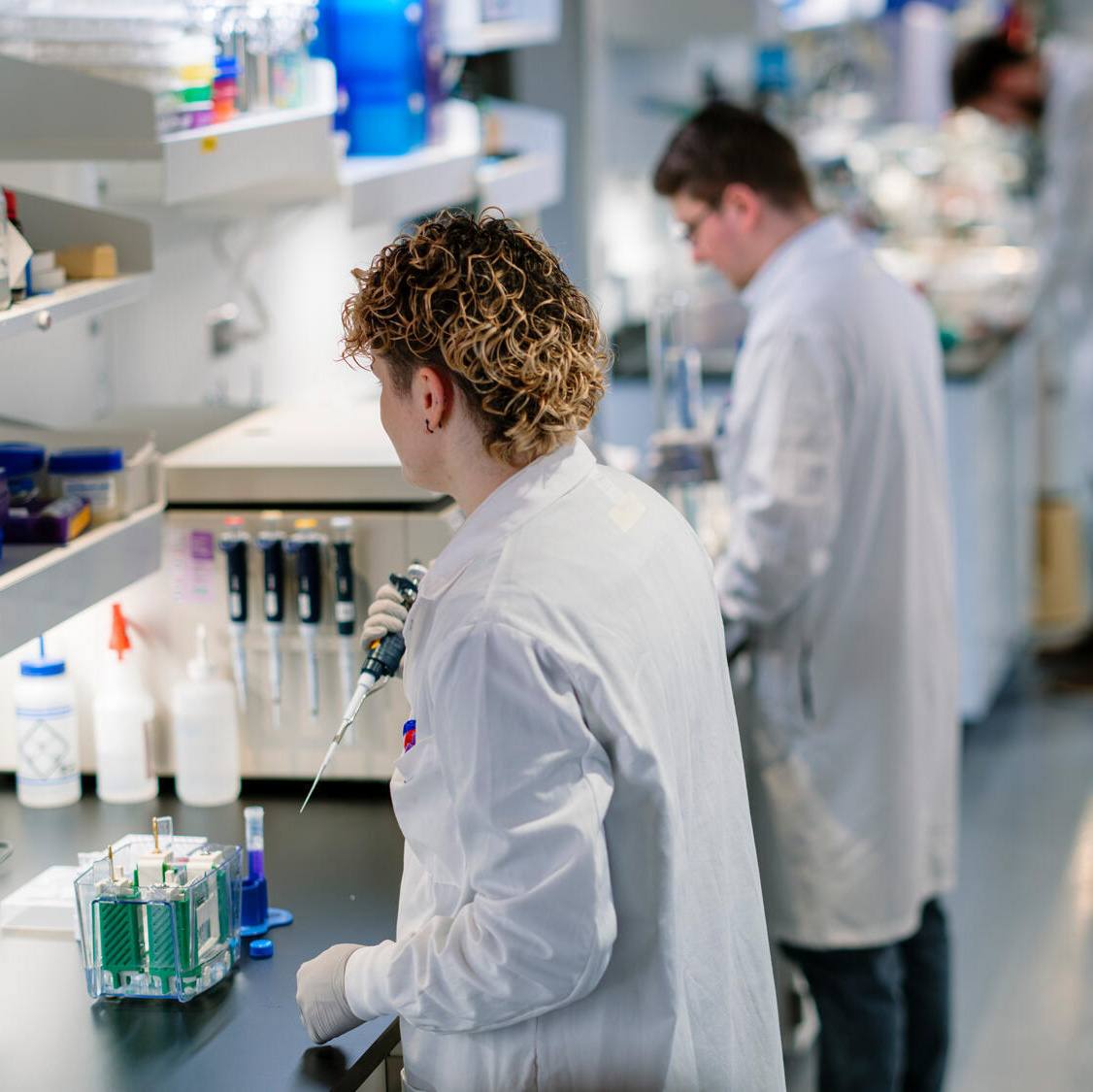-
Minnesota
Expert Alert: Managing pain after knee, shoulder surgeries without opioids

ROCHESTER, Minn. — A pain management regimen without opioids offered the same pain relief as common prescription opioids, according to two recent studies of common sports surgeries.
Opioids can help people manage pain, but they can be addictive. Nationwide, opioid prescriptions rose from 76 million in 1990 to a peak of 255 million in 2012. Between 1990 and 2017, deaths related to opioids increased sixfold.

The challenge for surgeons is to minimize opioid use while optimizing patients' pain control after surgery, says Kelechi Okoroha, M.D., a Mayo Clinic orthopedic surgeon and sports medicine specialist. Dr. Okoroha is the senior author of both studies.
Orthopedic and spine conditions account for about 3 in 10 opioid prescriptions, so surgeons can significantly decrease opioid-related deaths by limiting opioid prescriptions, Dr. Okoroha says.
Researchers created an approach to managing pain that eliminated opioids after common sports surgeries. In the first study, participants had undergone knee surgery to reconstruct their ACL. In the second study, participants had undergone surgery to repair their rotator cuff. All received a nerve block before surgery.
In each study, one group of participants received a standard opioid regimen to manage pain. The other group took part in a pain management approach without opioids. The nonopioid regimen included pain relievers, nonsteroid anti-inflammatory drugs and muscle relaxants.
Both studies found that the nonopioid regimen provided at least the same if not more pain control and patient satisfaction, compared with the standard opioid regimen.
In both studies, the most common side effects were drowsiness, dizziness and gastrointestinal symptoms. In the rotator cuff study, participants who received the nonopioid regimen reported slightly lesser side effects than those who received the opioid regimen.
Dr. Okoroha says one way Mayo Clinic is working to limit opioids is offering patients alternatives to traditional pain management.
"I think this is really game-changing research," Dr. Okoroha says. "We've found that it is effective in common sports surgeries. So our plan is to implement it in other surgeries and hopefully decrease the opioid burden worldwide."
Related post: Mayo Clinic Minute: Limiting opioids for postoperative pain management
###
About Mayo Clinic
Mayo Clinic is a nonprofit organization committed to innovation in clinical practice, education and research, and providing compassion, expertise and answers to everyone who needs healing. Visit the Mayo Clinic News Network for additional Mayo Clinic news. For information on COVID-19, including Mayo Clinic's Coronavirus Map tracking tool, which has 14-day forecasting on COVID-19 trends, visit the Mayo Clinic COVID-19 Resource Center.
Media contact:
- Rhoda Madson, Mayo Clinic Public Affairs, newsbureau@mayo.edu







